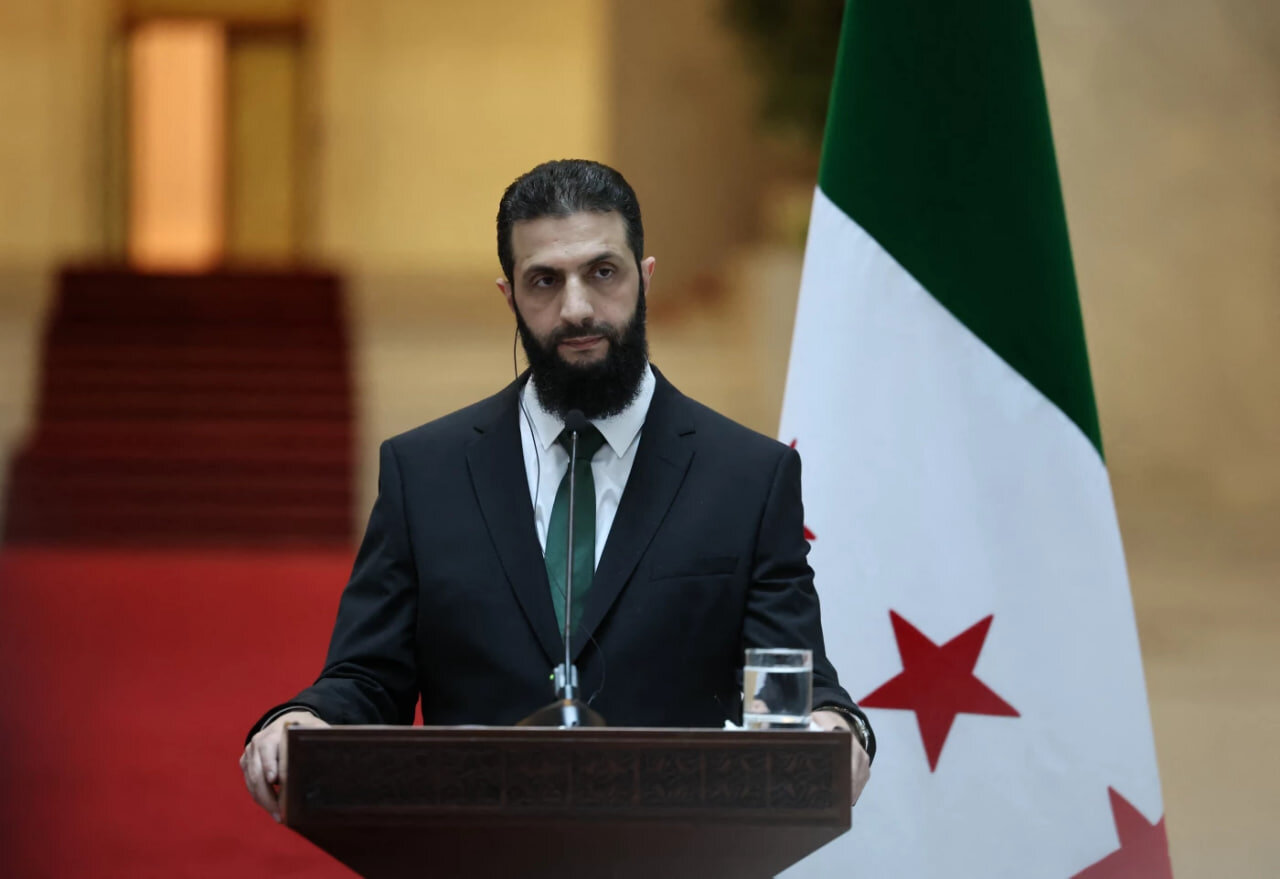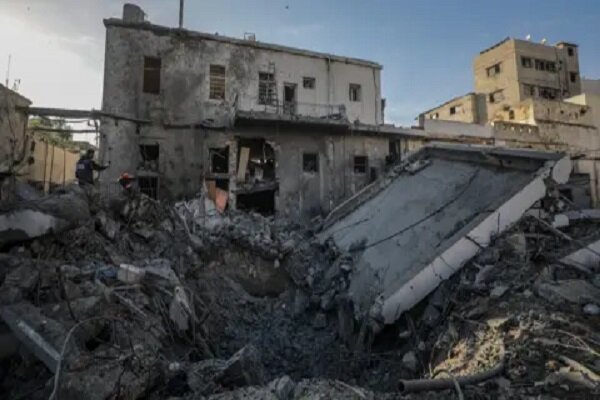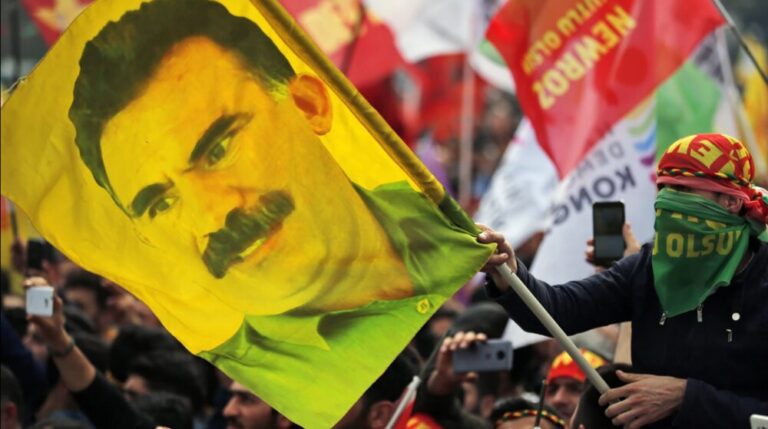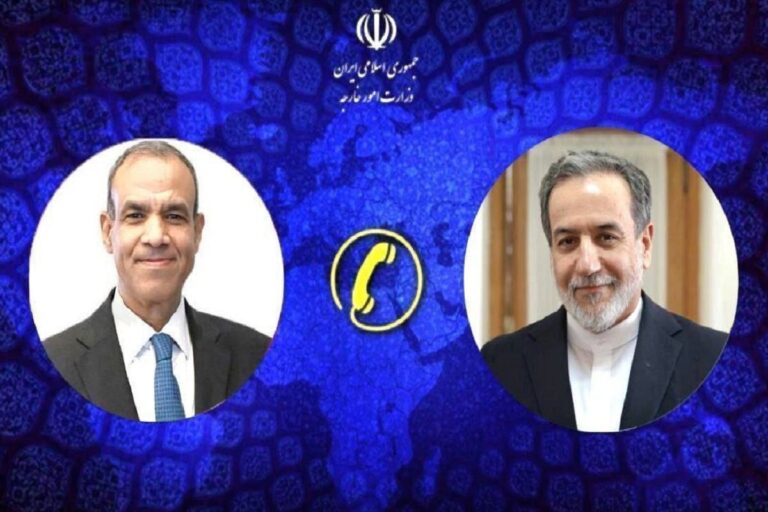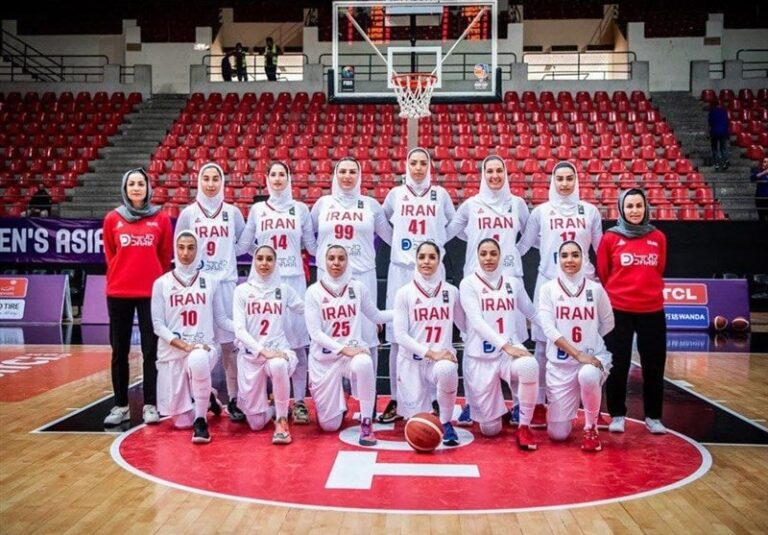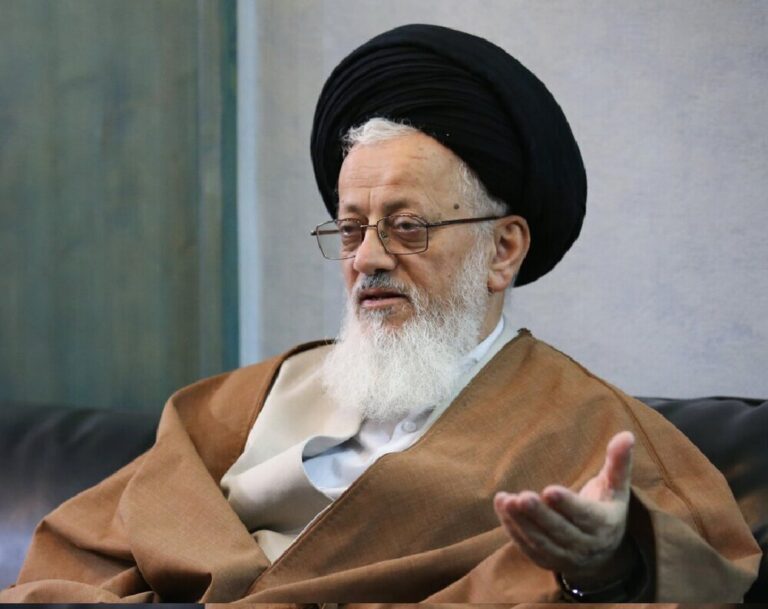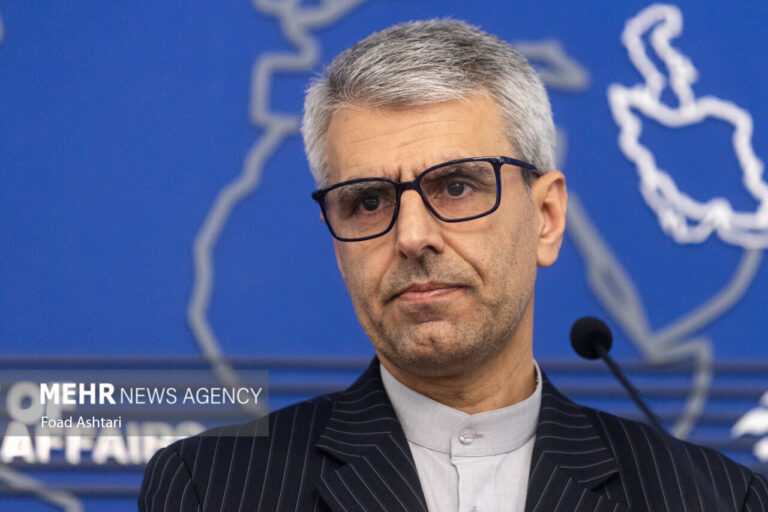Unveiling the Mystery: Why Syria’s President Absent from Arab Summit?
Ahmad al-Sharaa’s Absence from Arab League Meeting Raises Eyebrows
In a significant development in Middle Eastern politics, Syria’s self-appointed President, Ahmad al-Sharaa, was notably absent from the recent Arab League meeting held in Baghdad, Iraq. This absence has sparked considerable discussion and concern among political analysts and officials alike, particularly given the political tensions surrounding his invitation to the summit.
Al-Sharaa’s absence was acknowledged through a brief statement from his office, which did not elaborate on the reasons behind it. However, his invitation extended by the Iraqi government last month has ignited a fierce political backlash and resurfaced deep divisions within Iraq’s political landscape.
Since assuming power in December following the sudden fall of Bashar al-Assad, relations between Iraq and Syria have become increasingly strained. The controversy surrounding al-Sharaa largely stems from his troubling past. Before rising to the leadership position, he was a prominent figure in al-Qaeda in Iraq (AQI), a group notorious for its brutal terrorist activities in the wake of the 2003 U.S. invasion.
Operating under the alias Abu Mohammed al-Golani, al-Sharaa played a significant role in AQI’s violent campaigns, targeting Iraqi civilians and security forces with indiscriminate sectarian violence throughout the 2000s. The legacy of AQI’s terror continues to haunt Iraq, and al-Sharaa is still wanted on terrorism charges by Iraqi authorities.
Former Iraqi Interior Minister Baqir Jabr al-Zubeidi has provided previously undisclosed information about al-Sharaa’s tumultuous history. He stated, “During my tenure as Interior Minister, al-Golani was operating in Iraq. At that time, I received an intelligence report indicating his presence in Diyala Province.”
According to al-Zubeidi, U.S. forces were monitoring Iraqi communications and captured al-Sharaa before Iraqi officials could take action. “They were eavesdropping on us and captured him first and took him to Bucca,” he explained, referring to the U.S.-operated Camp Bucca detention facility in Iraq.
Al-Zubeidi recounted his attempts to gain custody of al-Golani, contacting General George Casey, a senior U.S. military commander. “He refused,” al-Zubeidi said. “He told me: ‘He’s in Bucca and we won’t hand him over. We need to extract information from him first.’” By 2014, al-Golani was relocated to Abu Ghraib prison, where he eventually escaped during a notorious prison break.
“You may recall the infamous prison break, when terrorists blasted open the gates and escaped in waiting vehicles,” al-Zubeidi noted. “Al-Golani was among them, fleeing to Syria, where he later re-emerged as the leader of Hay’at Tahrir al-Sham (HTS), formerly known as al-Qaeda’s Syrian branch.”
In the weeks leading up to the Arab League Summit, at least 50 lawmakers in Iraq filed legal complaints against al-Sharaa. The Dawa Party, which governed Iraq during AQI’s most violent years, issued strong warnings against his potential attendance. They emphasized that any individual invited to the summit must have a “spotless” legal record both domestically and internationally.
Al-Sharaa’s presence at the summit would have represented a significant diplomatic victory for Damascus as it seeks to rebuild ties with neighboring Arab states. However, escalating tensions in Iraq regarding his terrorist past and concerns for his personal safety likely influenced his decision to abstain from attending.
Political observers have noted that despite al-Sharaa’s new role as head of state, he has not fully distanced himself from his history of terrorism. While he has not denied his affiliation with AQI and other terrorist organizations, he claims that he was young at the time and has since distanced himself from those actions.
Nevertheless, AQI has been implicated in some of the most horrific massacres in Iraq, playing a pivotal role in the sectarian violence that plagued the country, particularly from 2004 to 2007. Al-Zubeidi addressed this by stating, “A Syrian official later messaged me on WhatsApp, claiming al-Golani was ‘just a young man caught in events.’ I responded: ‘We reject this false narrative. He is responsible for Iraqi blood spilled by Abu Bakr al-Baghdadi’s Daesh and al-Golani himself.’”
He further emphasized the importance of accountability, noting, “Those killed had families demanding justice. As government officials, we must hold him accountable.” When asked about al-Sharaa’s implications for Iraq, al-Zubeidi drew parallels to the infamous figure Abu Musab al-Zarqawi, the founder of AQI. He lamented the lack of transparency regarding interrogation records from Bucca, stating, “Al-Golani later became the deputy of Abu Bakr al-Baghdadi, who would go on to lead Daesh.”
In conclusion, al-Zubeidi remarked, “Al-Golani eventually assumed leadership of Daesh’s operations in Syria, where he waged a brutal war until foreign powers intervened, including the Turkish military, Israeli intelligence, and U.S. forces in northern Syria. Their objective was to replace Assad with a puppet Islamist regime.” He further added, “These foreign powers have long-term agendas that will inevitably impact both Jordan and Iraq.”
